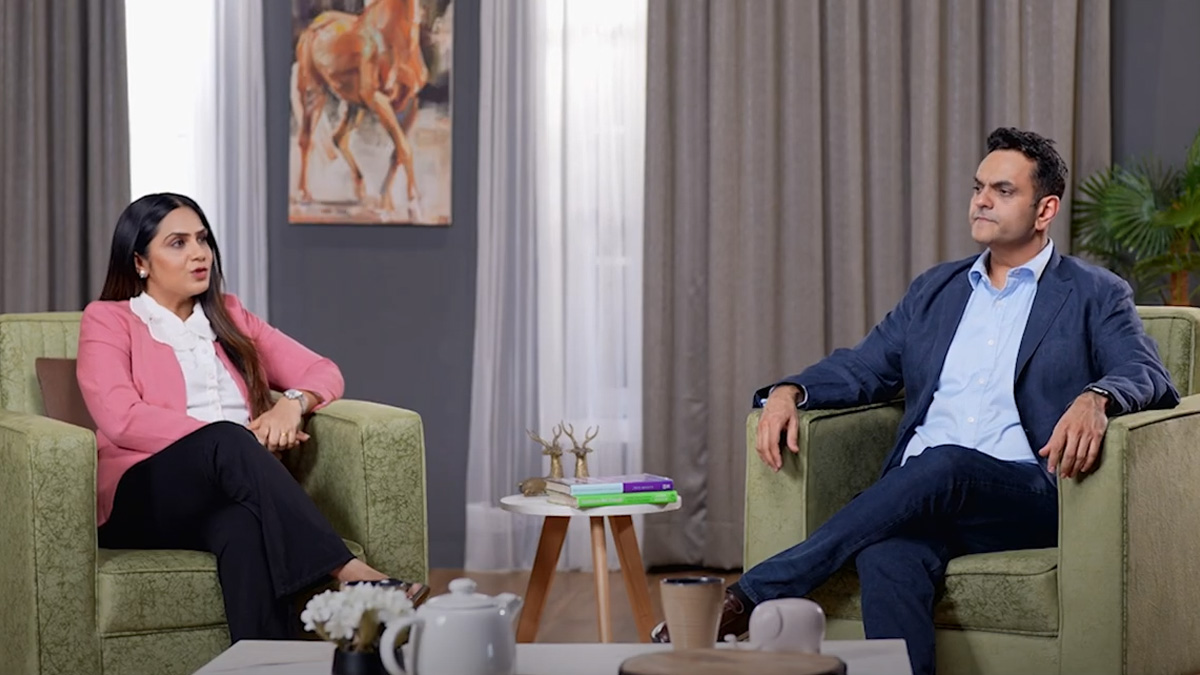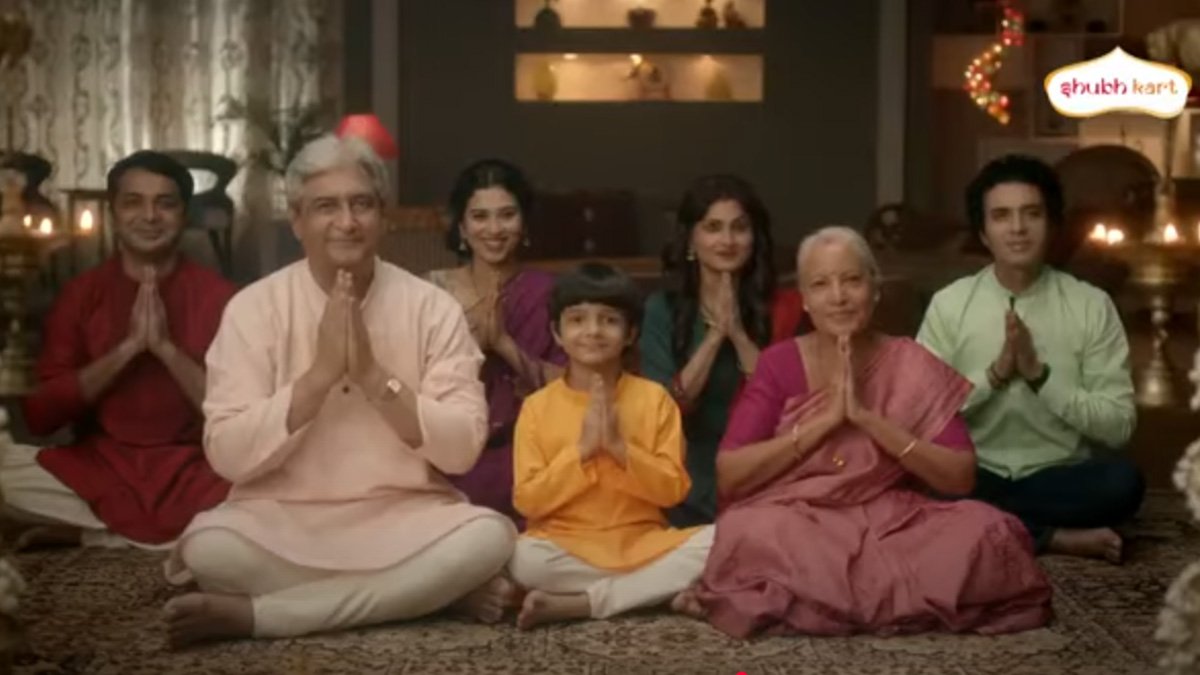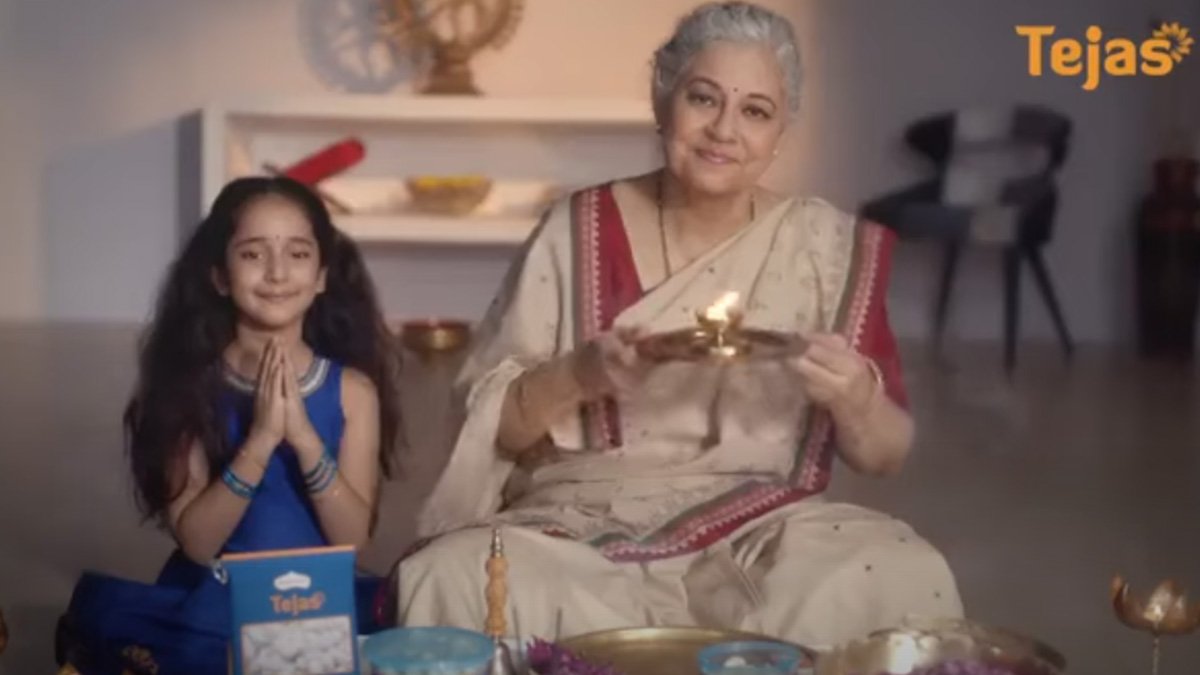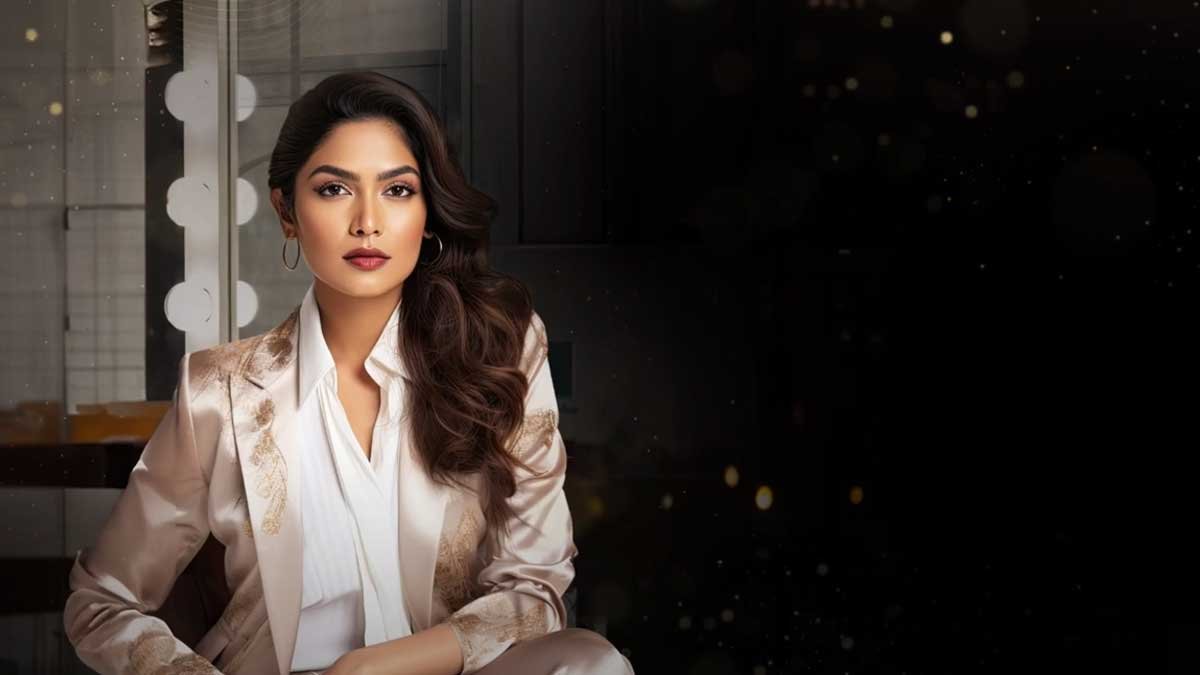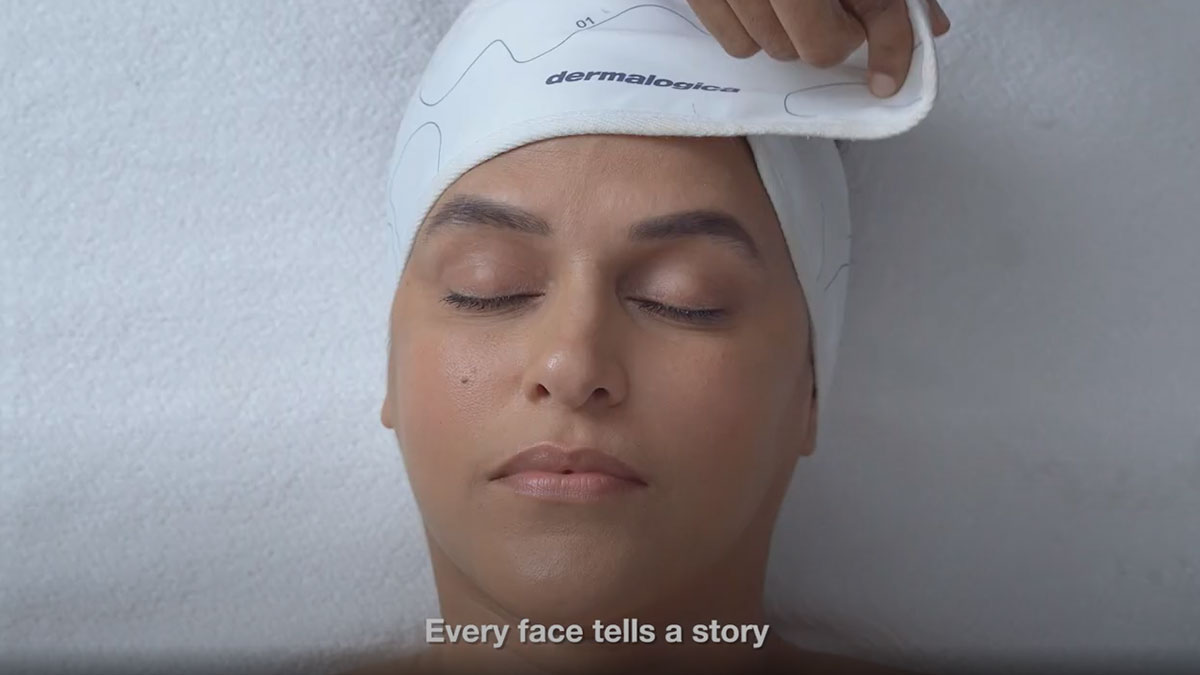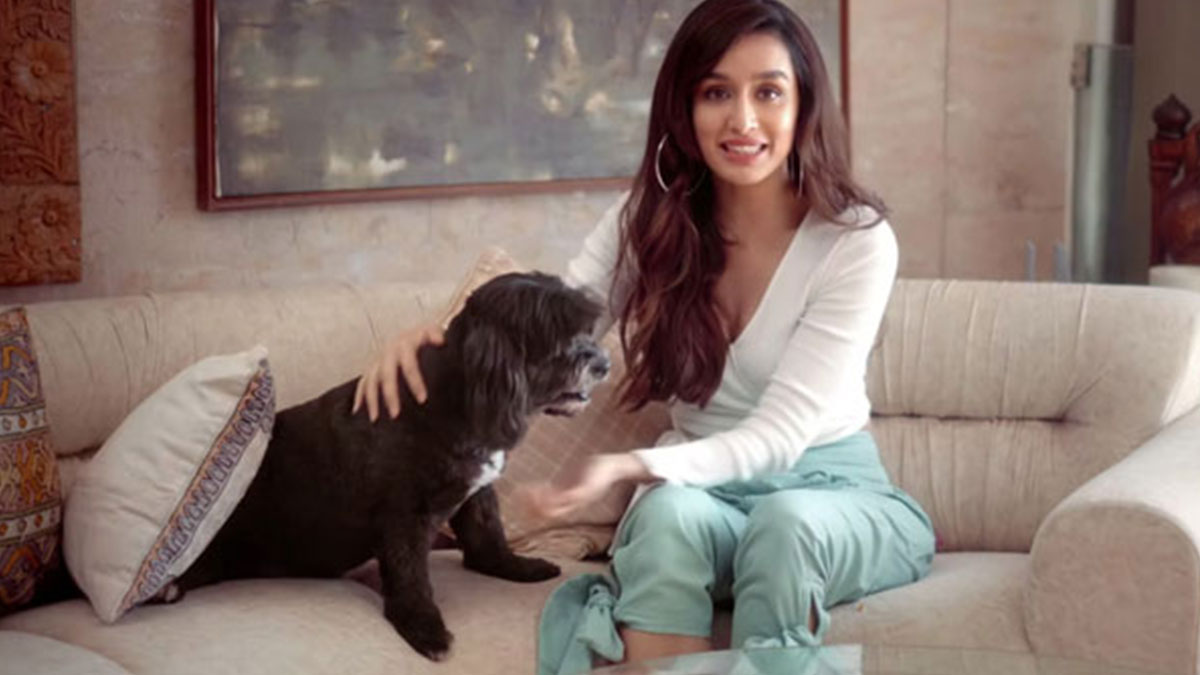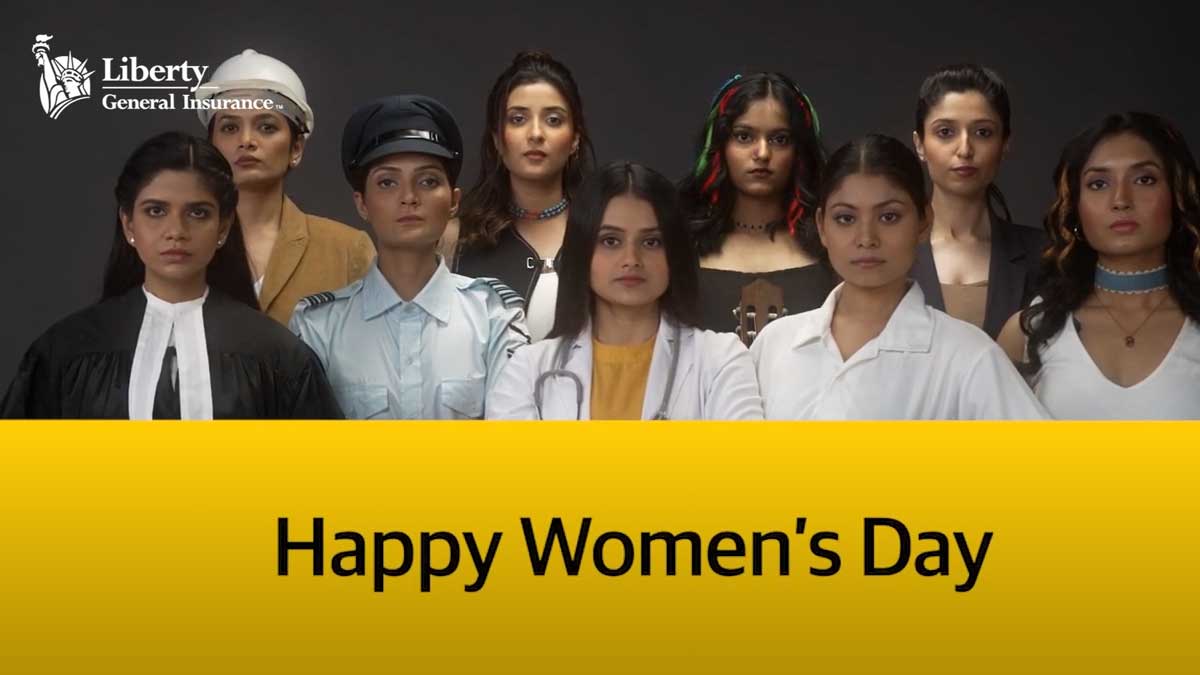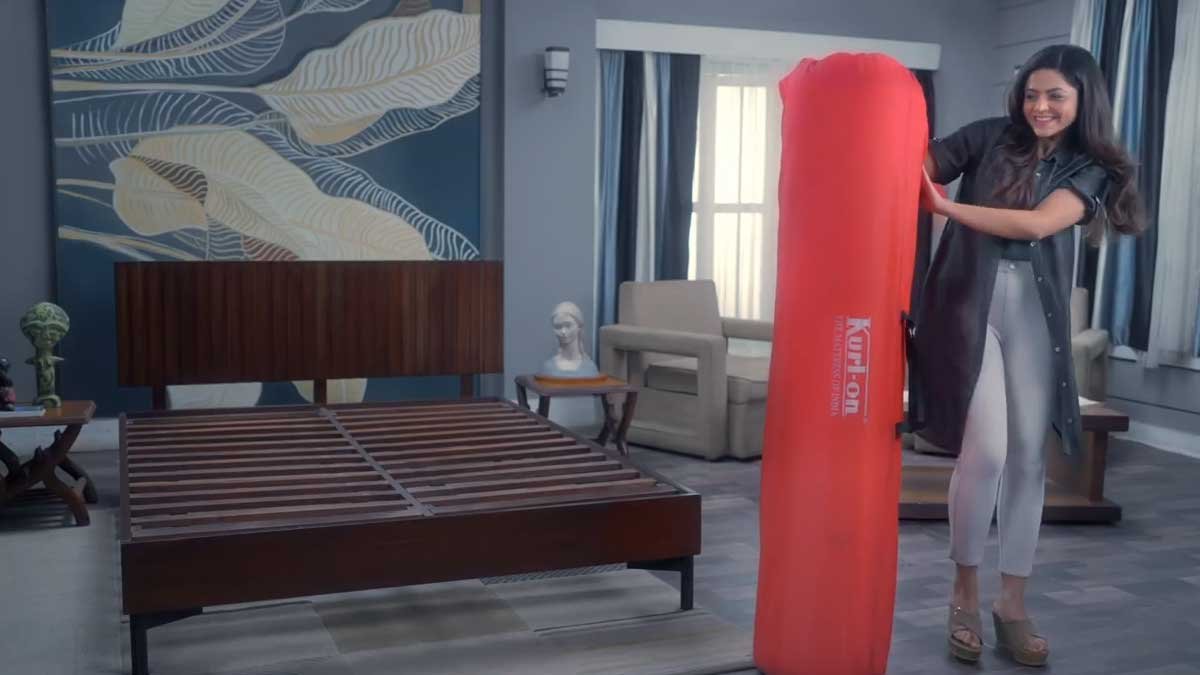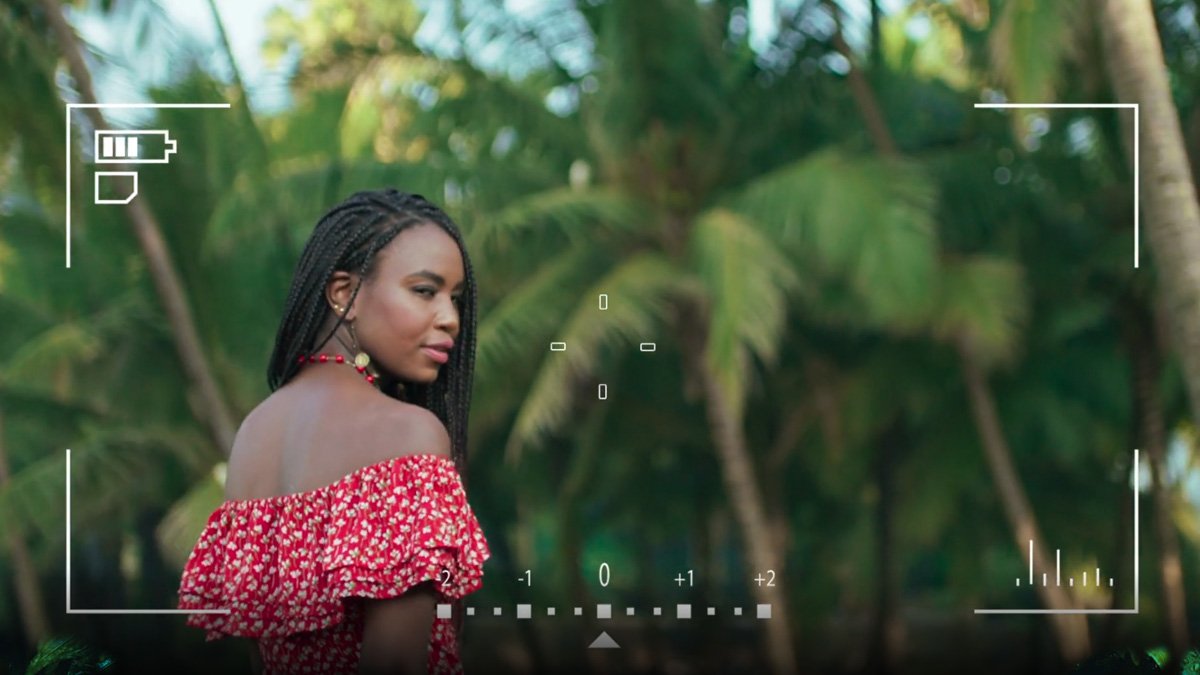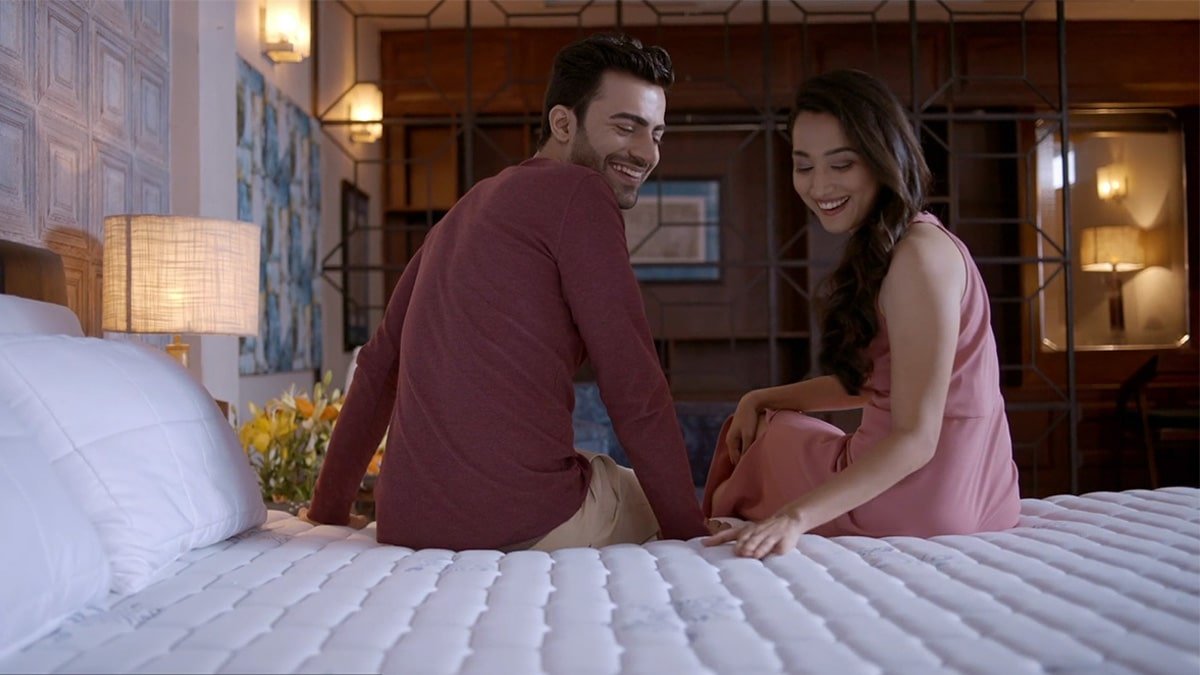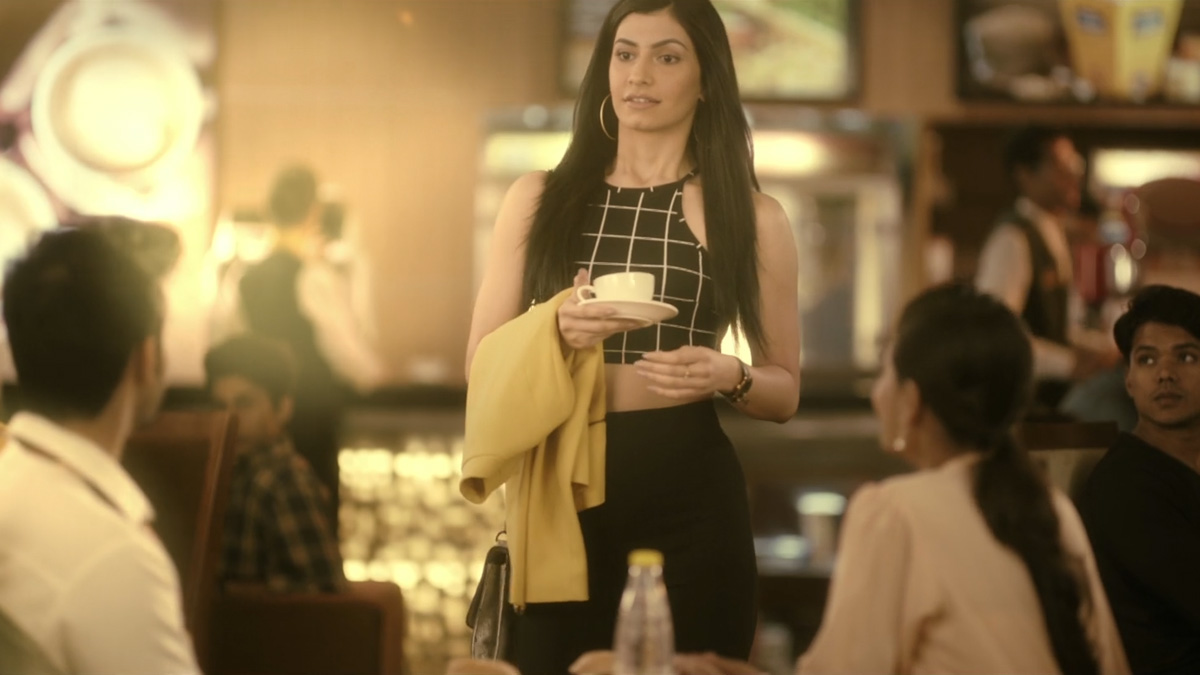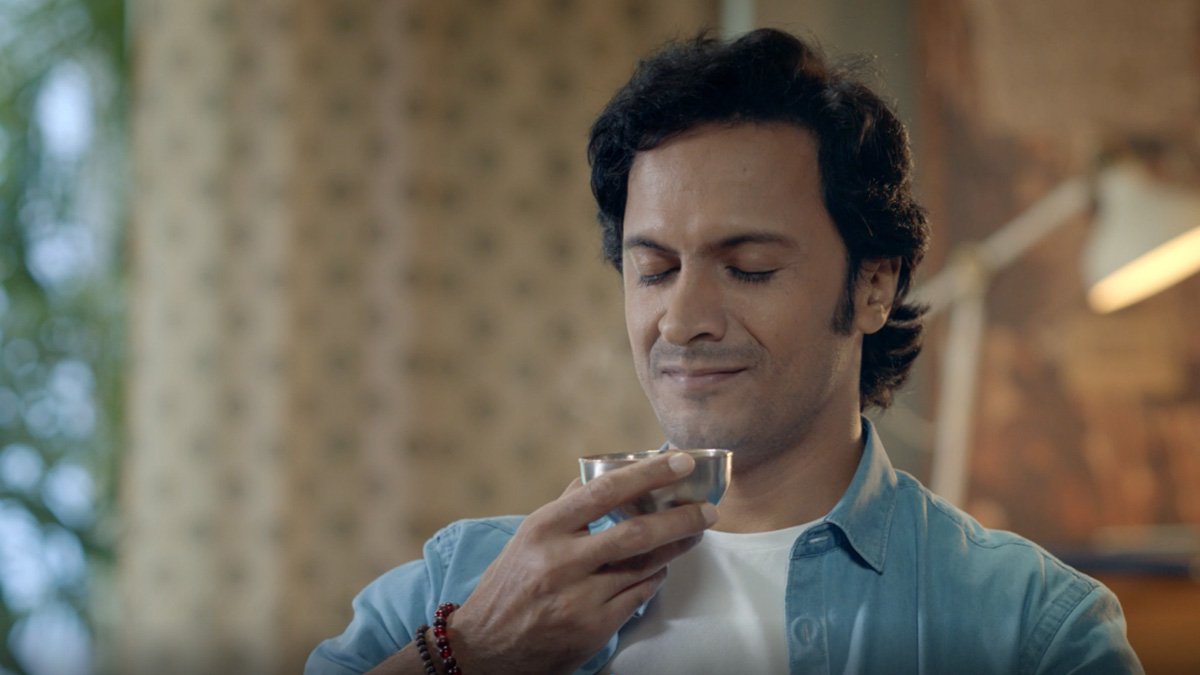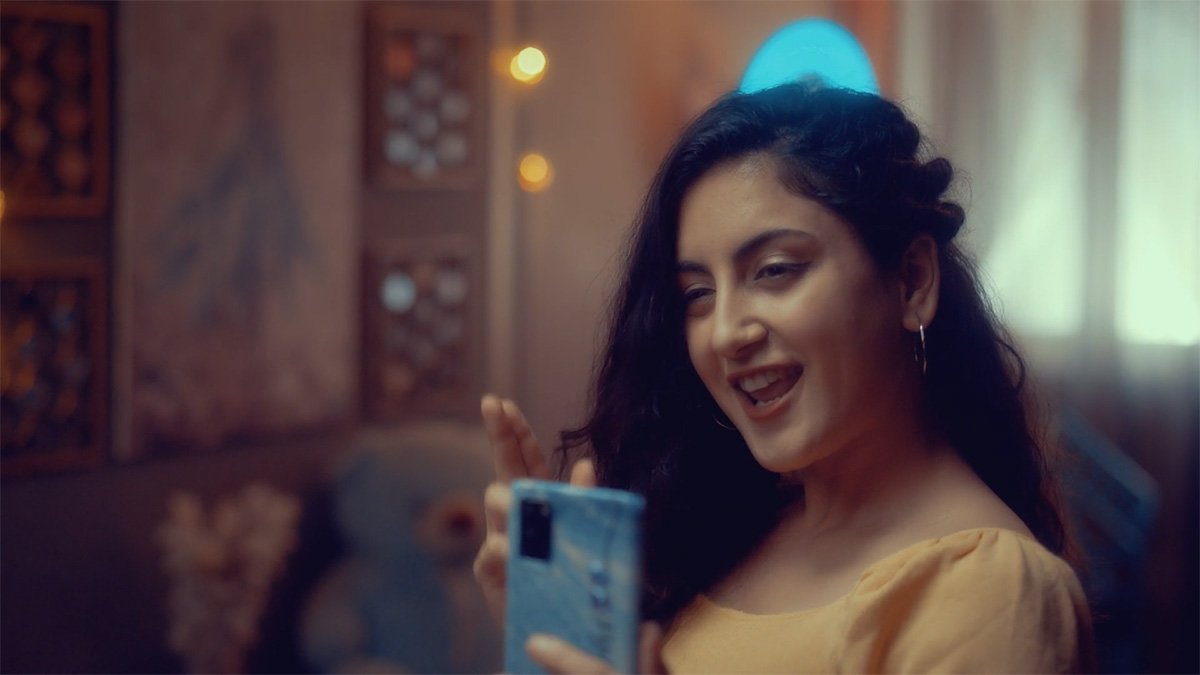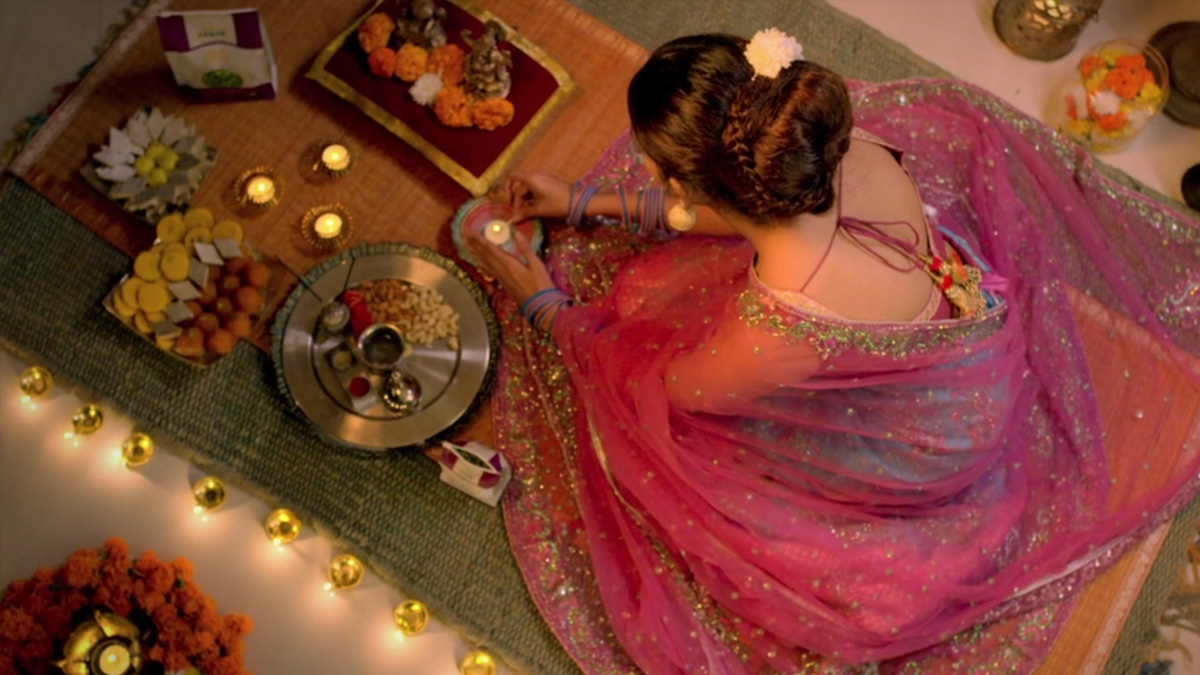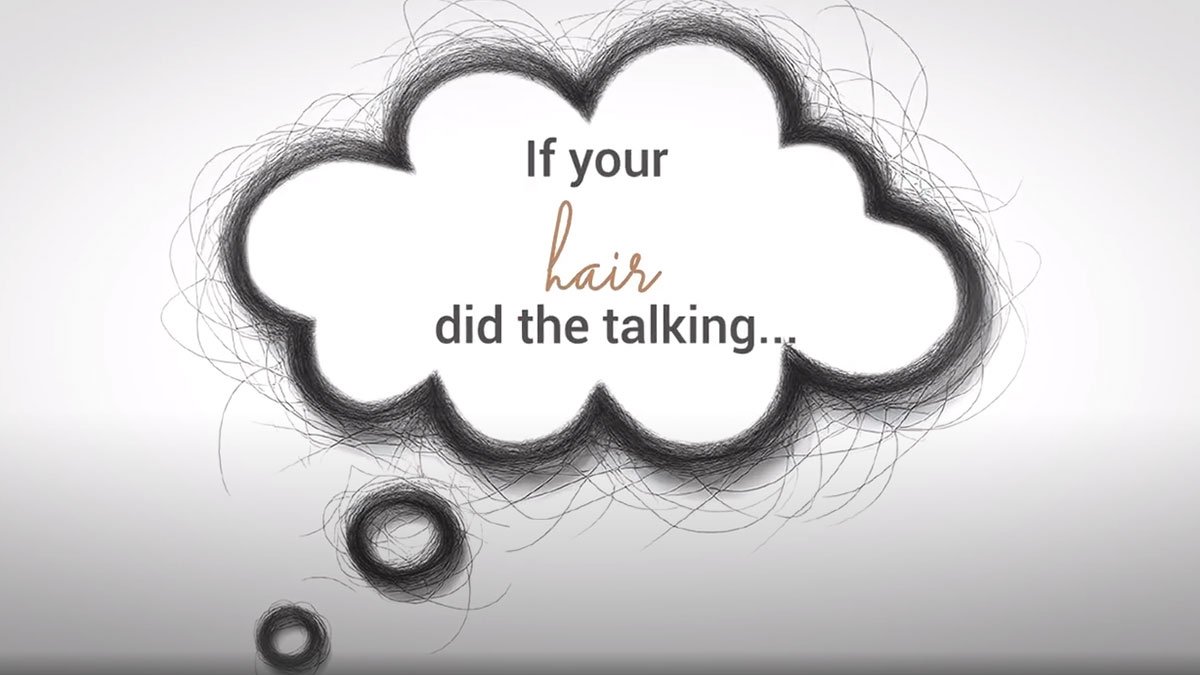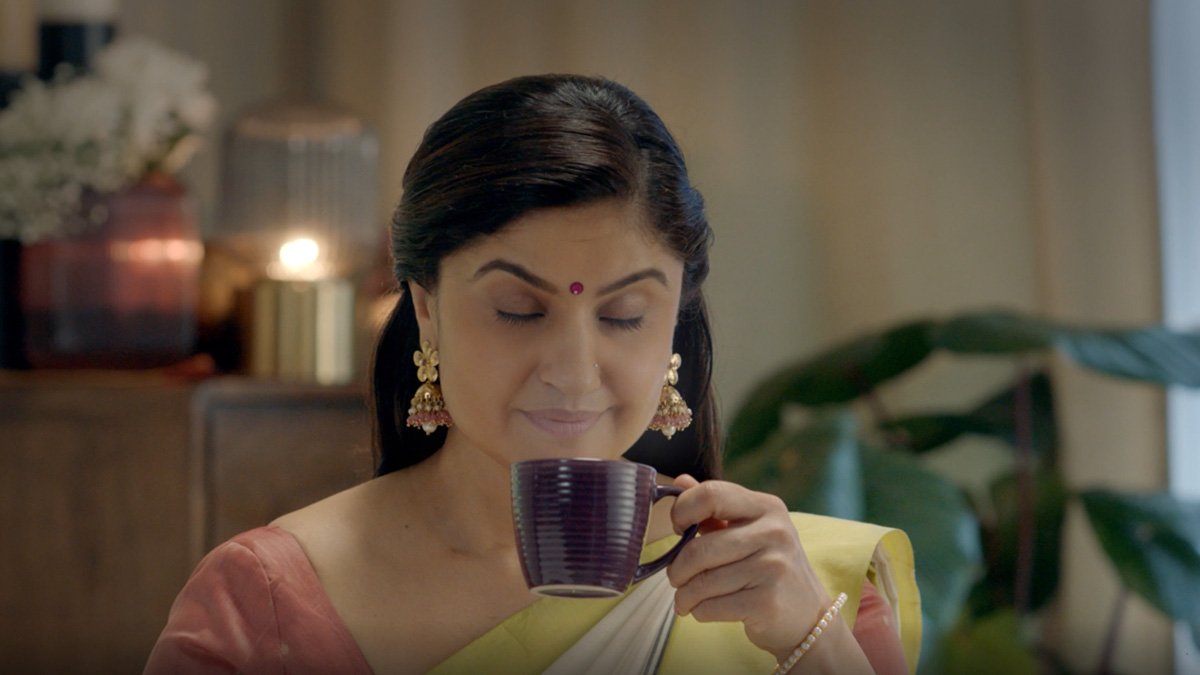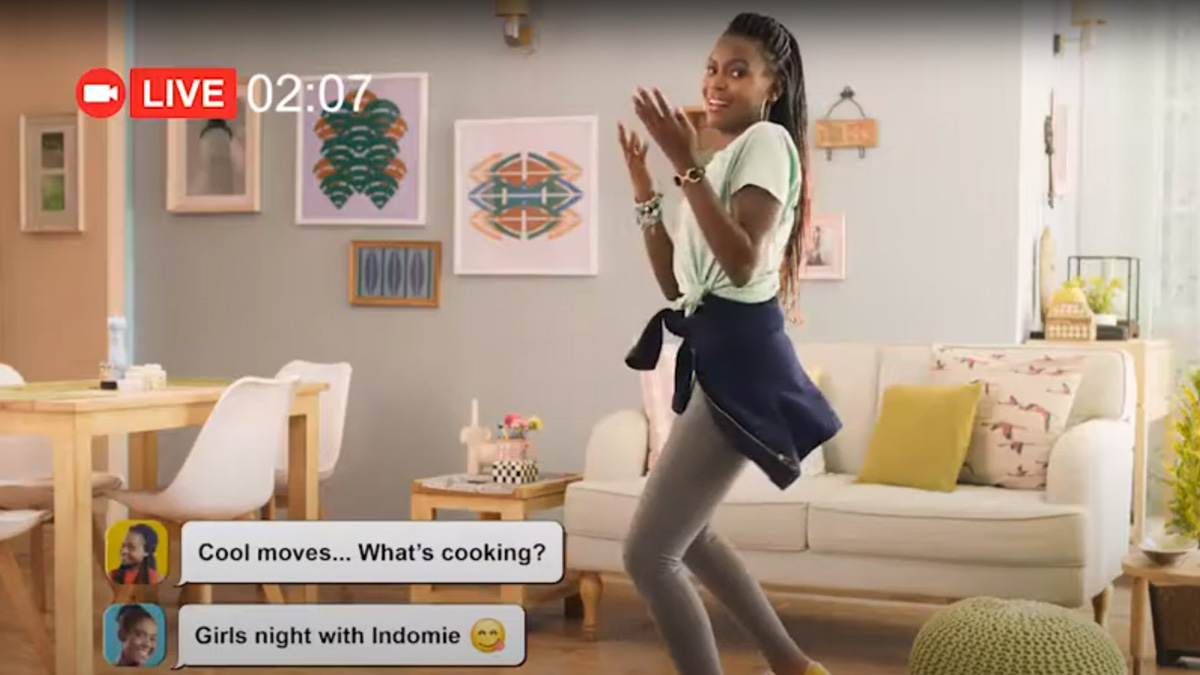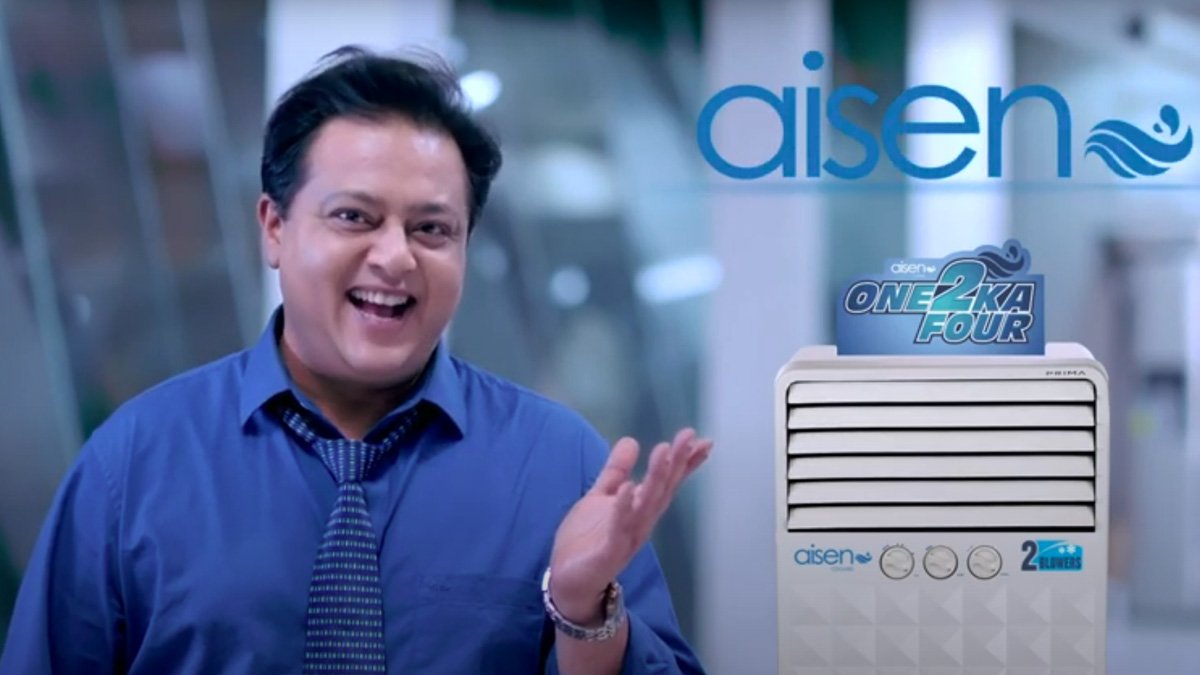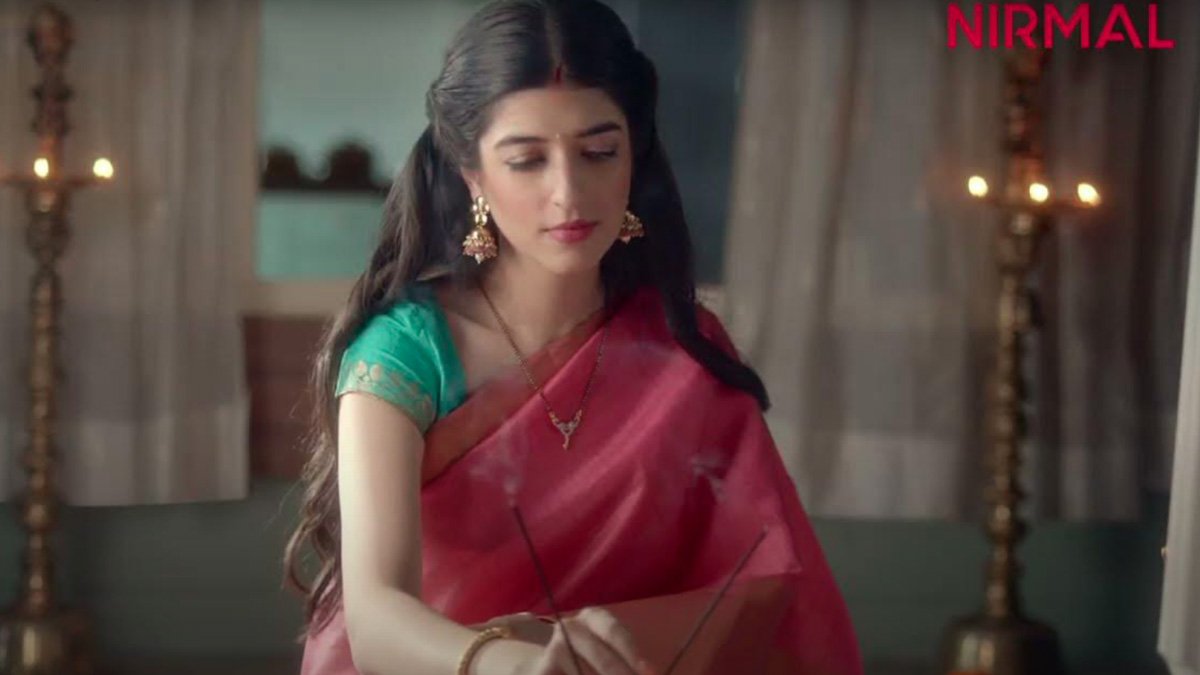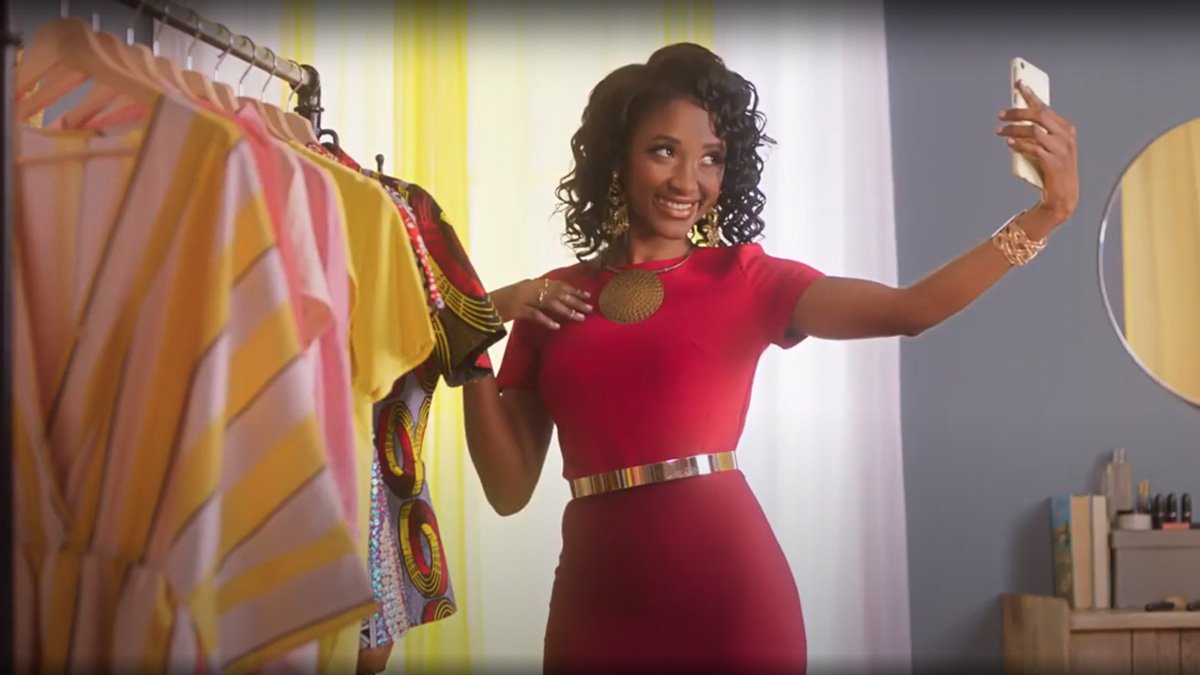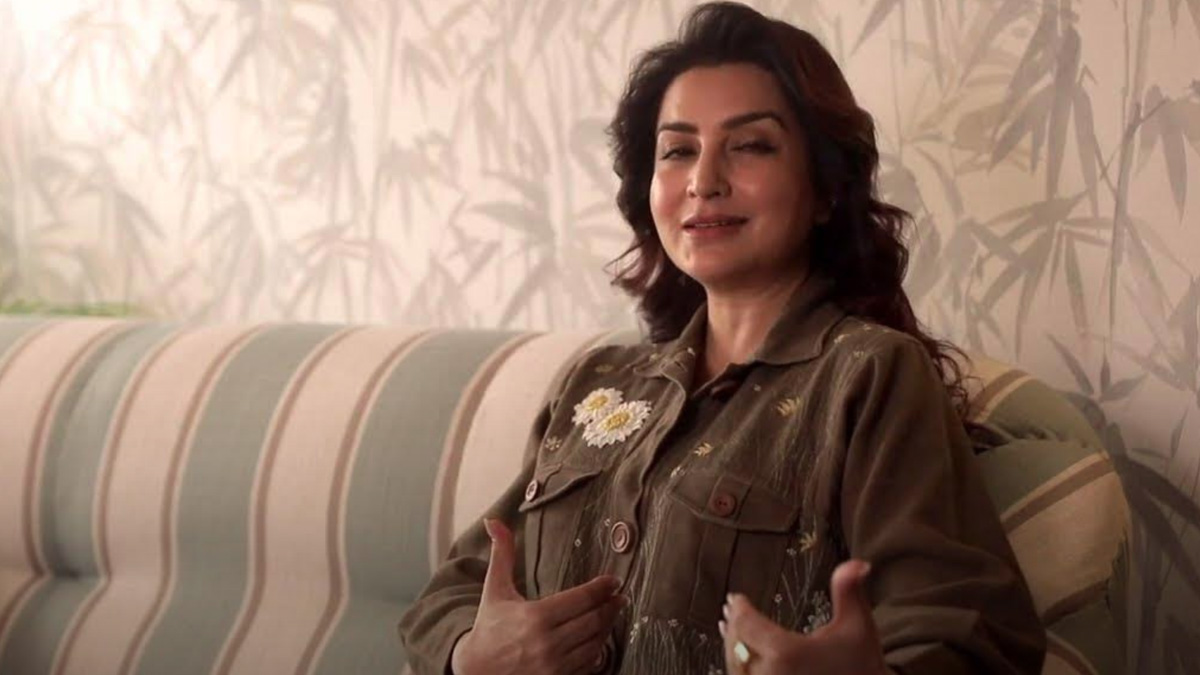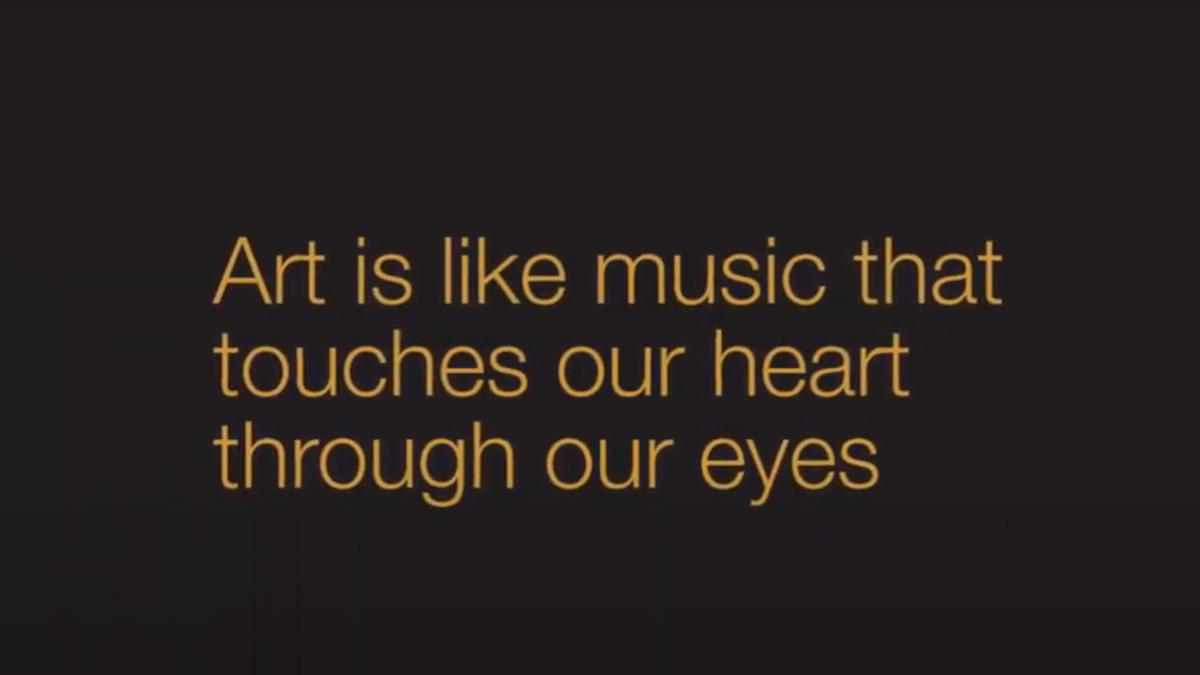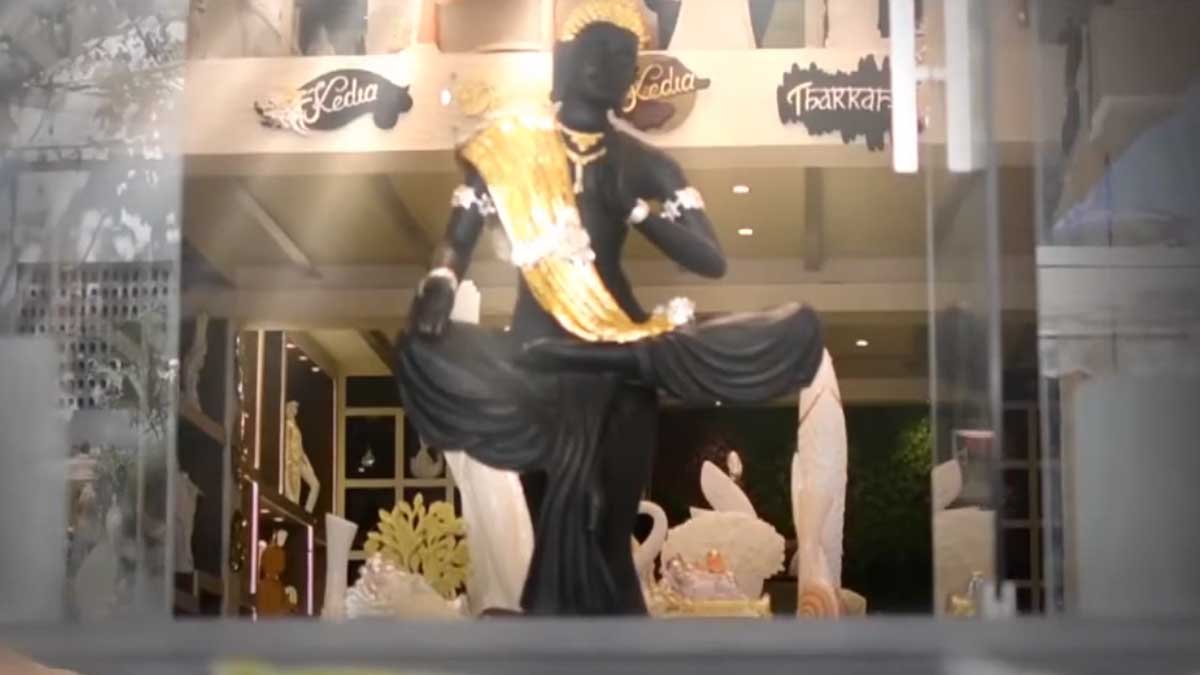A Love Letter in the Age of AI
Oh hello, cinema lovers, let's talk films again. Today, I’ll take you through the corridors of a film so hauntingly beautiful, it almost sneaks up on you, tapping on the walls of your consciousness. It’s a piece of art, raw and delicate, like fine glass teetering on the edge of a shelf. The film is Her (2013), directed by Spike Jonze—a man who knows how to weave melancholy into the mundane, turning love, loneliness, and technology into a modern fairytale that feels like it was made just for you.
It’s been a few years since I first laid eyes on Her, and recently, I indulged in it again, with the same wide-eyed wonder as if I was meeting an old friend. Every frame, every subtle shift in colour, every moment of silence—it all comes together like a jazz band, each note deliberate, every pause intentional. You want to talk about the details? Oh, this film is saturated with them. You could peel back the layers of the characters, of the world, of Theodore himself, and still, you’d feel like you’ve only grazed the surface. That’s the trick, isn’t it? You think you know what you’re looking at, and then it whispers something else entirely between the lines.
Her hits like a sucker punch
The sweetness of Theodore falling for Samantha — the A.I.— it almost feels wrong, like watching a tragedy in slow motion. You laugh at the absurdity of it, until you catch yourself feeling something, something deep down that’s as unsettling as it is tender. He’s not connecting with humans anymore; his heart is being cradled by a machine—code and circuits taking the place of flesh and blood. It feels like the future, doesn’t it? A little too real, a little too close. The irony doesn’t escape me. In a world that’s more connected than ever, we’ve never felt so isolated. Theo’s struggle to connect with another human being while finding solace in an A.I. system isn’t just some quirky plot; it’s the world staring back at us.
The relationship between Theodore and Samantha is alarmingly intimate. You watch it unfold, and somewhere deep inside, you think, "Yeah, I could see that happening." It’s not just the loneliness that drives him—it’s that the world is too fast, too loud, too unpredictable, and yet here’s this quiet voice that understands him. No judgment. No complexity. Just pure, simple, engineered affection. It feels too close to home, too inevitable, especially now when A.I. has moved from fantasy to reality, with each iteration becoming more human, more understanding. You look at Theo, and you can’t help but wonder: is this where we’re headed?
And then there’s Joaquin Phoenix
The man delivers a performance that crawls under your skin, settles in, and makes you sit in your discomfort. You watch his face, his eyes heavy with unspoken emotion, and it feels like watching a man slowly dissolve. His performance is so natural, so effortless, that you almost forget you’re watching an actor. He’s Theo, the man who’s found something real in something fake—only, it’s more complicated than that. It’s real to him, and maybe that’s enough. It’s a performance that’s as heartbreaking as it is beautiful. You feel for him, not because you pity him, but because somewhere deep inside, you know what it’s like to want something that feels just out of reach.
Can’t talk about Her without mentioning the dialogue
There are lines in this film that sit with you long after the credits roll. There’s a rhythm to it, like poetry wrapped in prose. You could almost hear Theodore’s letters being read, his voice cracking in the silence.
Theodore's letters in Her to Catherine, his ex-wife:
"Dear Catherine, I’ve been sitting here thinking about all the things I wanted to apologize to you for. All the pain we caused each other, everything I put on you, everything I needed you to be or needed you to say. I’m sorry for that. I’ll always love you because we grew up together, and you helped make me who I am. I just wanted you to know, there will be a piece of you in me always, and I’m grateful for that. Whatever someone you become, and wherever you are in the world, I’m sending you love."
The intimacy of those letters is unnerving
He’s laying his heart out for strangers, but it’s his own heart that’s starving, craving connection. It’s this juxtaposition, this quiet despair that makes the film hit harder. You laugh at the absurdity of falling in love with a voice, and then, without warning, it stops being funny. It becomes something else. Something tragic.
Yet, despite all the gloom, Jonze gives us moments of levity. You find yourself laughing, not because it’s funny, but because it’s human. The humor cuts through the sadness just enough to keep you grounded. And as much as Her is about loss and loneliness, it’s also about the simple, fleeting moments that make life worth living.
It’s not just Joaquin who carries this film. The supporting cast—Amy Adams, Rooney Mara, Olivia Wilde, all deliver performances that feel real, grounded in a reality that feels only slightly removed from our own. They’re not caricatures; they’re reflections of the people we know, maybe even the people we are.
So, here’s the thing
Her isn’t just a movie. It’s a mirror. And if you’re brave enough to look into it, you might find a little bit of yourself staring back. Whether it’s Theo’s loneliness, his longing, or his inevitable heartbreak, there’s something in this film that latches onto you. It makes you think, makes you feel, and maybe even makes you a little uncomfortable. But isn’t that what good art does?
If you haven’t seen Her yet, do yourself a favour & watch it. It’s the kind of film that sticks with you long after the lights come back on.


